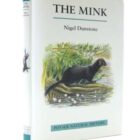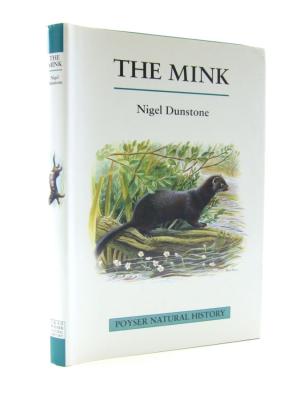
Several credible studies have been published over the years showing that ranch-raised mink both survive and thrive in the wild.
To add to this discussion, here are several quotes taken from the rare book The Mink (Dunstone), further supporting this.
On domestication claims:
“The fact that escapee animals so readily adapt to alien countryside, and to differing species of pray and climatic conditions, indicates that man’s attempted domestication has had an almost negligible effect on the species.”
Speaking of ferals and their descendants:
“It can be seen that the relatively small size of the mink, and hence their low energy requirements, coupled with their low population density, means that they have little impact overall. General conclusions from dietary studies indicate that mink are not specialist predators. They exist in a flexible balance with prey and do not appear to have threatened the viability of any one prey species. […] While distressing incidents of killing may occur, in most cases the threat to populations is slight, unless habitat damage has already out the population in a precarious position. here it must be remembered that mink are territorial, and the size of the territory is influenced by two factors – the habitat quality and the presence or absence of other mink.”
 On environmental & wildlife impact:
On environmental & wildlife impact:
“Popular view is an out of control bloodthirsty predator which rampages upon our riverbanks and wreaks havoc on a grand scale leading to major losses of fish stocks and waterside wildlife. The alternative view is that the mink is occupying a previously vacant niche, with the result that its permanent impact upon our fauna will be relatively slight.”
